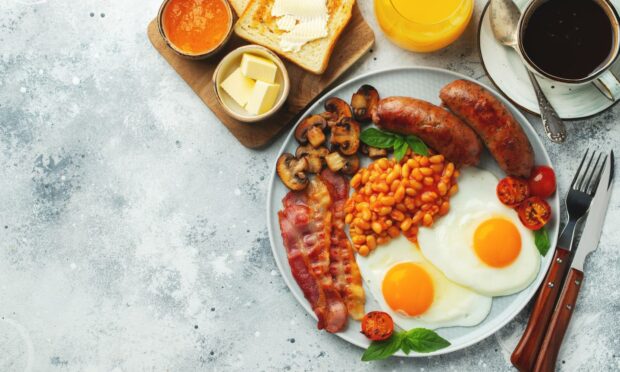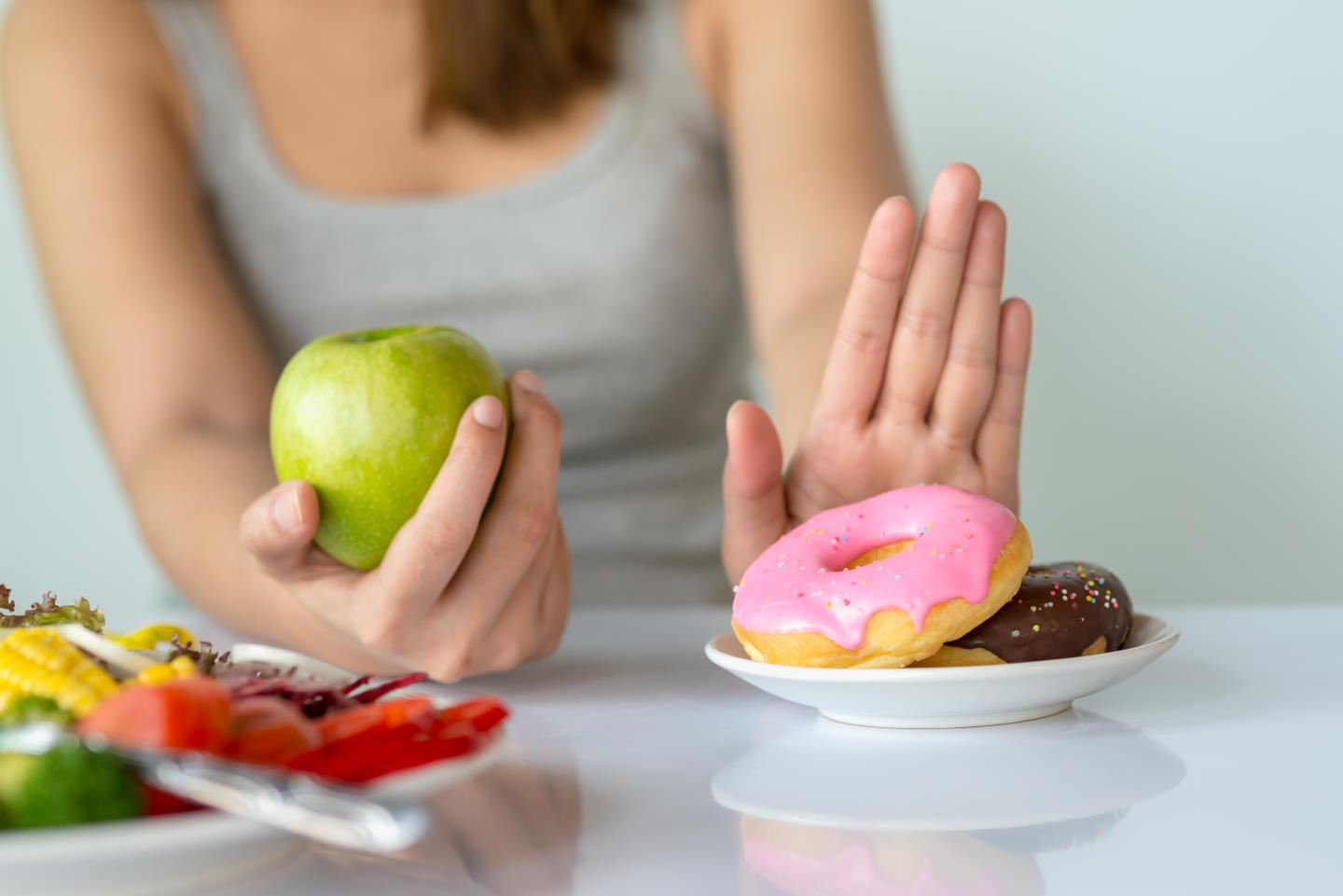While cruising the Adriatic pre-pandemic I enjoyed coffee at a medieval square in Slovenia and made a startling discovery.
It wasn’t just the wonderful historical gems dotted around Koper, such as the Praetorian Palace, which enthralled me, but also the price of their coffee, which became a lasting holiday memory: about £1.80 in our money for two cups. What a bargain, so we shared another four.
Perhaps the reason the episode stuck in my mind was that the next morning, when we rolled up in Venice for two coffees in St Mark’s Square, they cost £20; we didn’t ask for more.
The prohibitive price had the same instant effect as a food tax we are hearing so much about. It’s not surprising we are being challenged again over our eating habits and food wastage.
Excessive consumption and waste
In both holiday scenarios, the law of supply and demand was in play. Just like a supermarket enticing us with something cheap which is hard to resist.
I put on at least a stone on that cruise. Investing heavily in the ship’s deluxe drinks package didn’t help. Piles of leftovers on board also made me wonder how much excess food was being wasted as well as consumed.
I was reminded of my Koper visit as I digested some Slovenian academic research recently into food waste in hospitality.
They focused on the ubiquitous hot breakfast buffet in hotels. They found many items were thrown away untouched after being piled on guests’ plates.
The psychology was that it was “free”, it was there and you must have it, even if you can’t eat it.
In pre-Covid days, Brussels blamed hospitality for contributing 12% of Europe’s daily food waste.
We’re either wasting food or eating the wrong stuff
Another figure was in my head as I weighed up whether to eat a full fried breakfast in a supermarket cafe the other day. The figure was 29 – my BMI body mass score, recorded after a blood test at my GP practice.
“Is that good?” I asked.
“Well, it’s not showing red on my computer,” a nurse replied.
Actually I was overweight, but not in obesity territory, which is another crisis crushing the NHS. Many of us seem to be either wasting food or eating the wrong stuff.
But with a spring in my step I went shopping at a supermarket afterwards.
I did my usual sweep of the ice cream aisle to see if my favourites were half price again. I might buy two boxes.
In the Tesco cafe I eyed a full fry-up. Why not? After all, I had a few kilos to spare.
Full marks for their helpful, health-conscious menu guide. The breakfast was listed as 930 calories, but a bagel with smoked salmon and fried egg was under 500.
Weak willpower can be a feeble opponent when facing an adversary called ferocious temptation
A bagel was very tempting, but was this the same mind trick as buying a small bag of popcorn rather than a large one to make us feel better? Maybe we don’t need any popcorn in the first place. I dithered and just had a coffee.
At another cafe I frequent, diners enjoyed a “Home Run” fry-up with 10 items or a “Big Hitter” with seven. It sounds like an exercise routine, but I doubt if it helps your baseball technique.
I gave in to desire and ate a sausage and fried egg roll while noting down these important menu details.
Trapped in an endless cycle of poor dietary habits
Weak willpower can be a feeble opponent when facing an adversary called ferocious temptation, but others are trapped in an endless cycle of poor dietary habits from birth due to family circumstances.
Many of us are now reassessing our lifestyles as we crawl out of pandemic trauma, but links between Covid deaths and obesity might also shock people. This is against a backdrop of food waste emissions driving climate change – and warnings of 40C summers.
Waitrose is part of John Lewis, which blamed online competition for driving it out of Aberdeen. Waitrose was now busily seducing online shoppers in the city
Back at home, something tempting was awaiting me. A flyer through our door from Waitrose offered a handsome discount if we placed a series of orders for online groceries.
This was ironic: Waitrose is part of John Lewis, which blamed online competition for driving it out of Aberdeen. Waitrose was now busily seducing online shoppers in the city.
You’ve guessed it: temptation kicked in and we signed up straight away, but there was a hitch. Waitrose had a rolling delivery window, but all slots were fully booked day after day. It seemed Aberdeen consumers were stampeding for it.
We finally got a slot, but almost three weeks ahead.
I could lose weight waiting for Waitrose, but I found it strangely addictive.
David Knight is the long-serving former deputy editor of the Press and Journal


